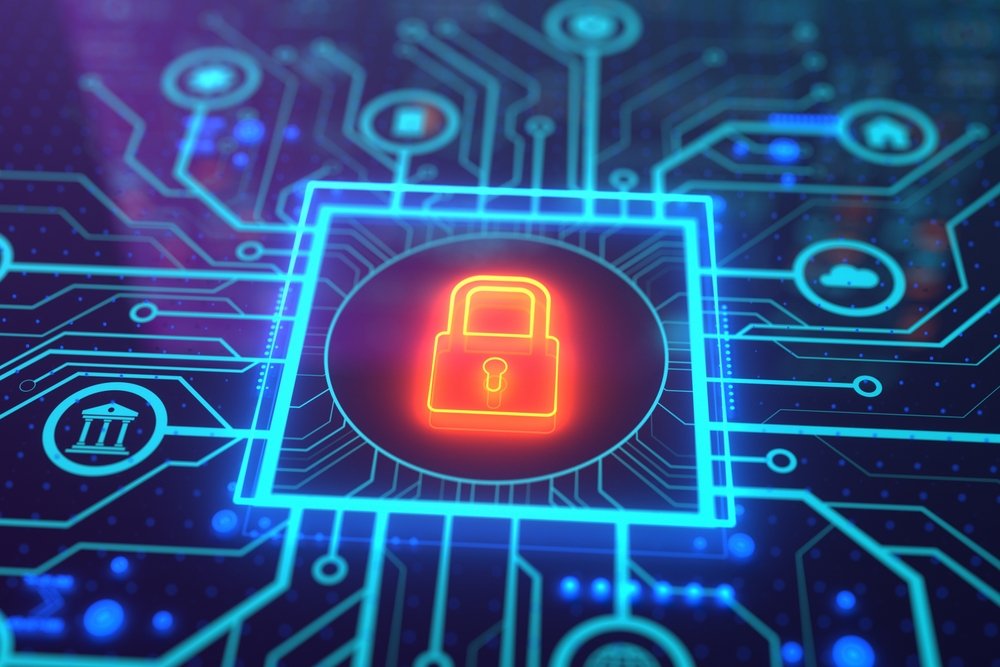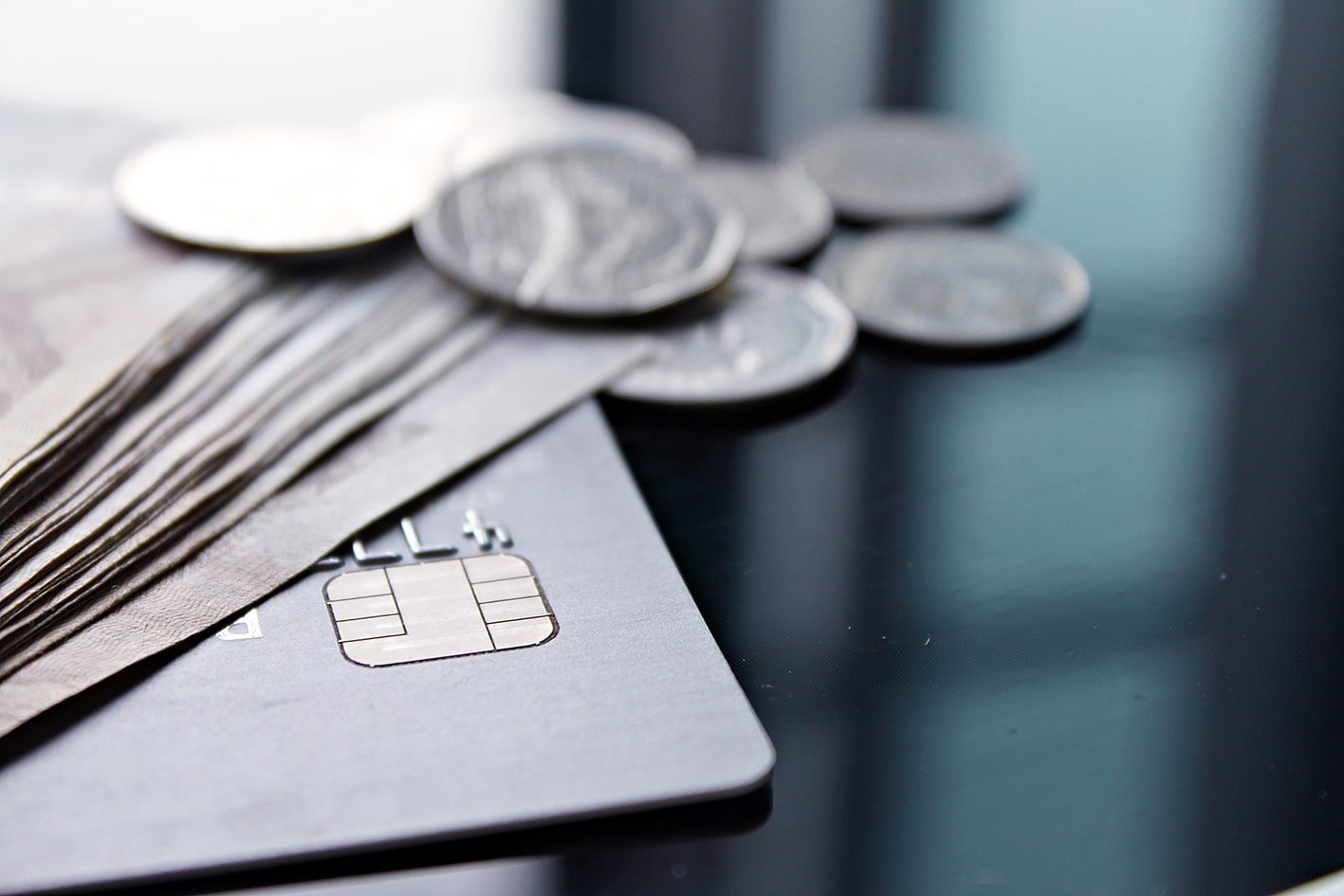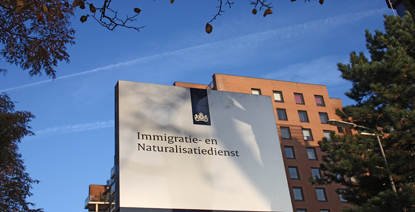How do you become recognized sponsor in the Netherlands? — Exterus
8:37
If you’re an organization applying for visas for your employees in the Netherlands, you may want to consider becoming a recognized sponsor. Being a recognized sponsor comes with several benefits, including a streamlined visa application process and the ability to directly sponsor employees for residency and work permits. In this article, we’ll take a closer look at everything you need to know about the recognized sponsorship system in the Netherlands.
Before we dive into the details, let’s first understand what being a recognized sponsor entails. Essentially, a recognized sponsor is an organization that has been authorized by the Dutch Immigration and Naturalisation Service (IND) to sponsor foreign, non-EU employees who wish to work and reside in the Netherlands.
A recognized sponsor is an organization that has obtained a special status from the Dutch government, allowing it to access a fast-track procedure and swift decisions from the IND. This means that recognized sponsors have the ability to sponsor residence permits and work permits for their employees, without having to go through the standard lengthy IND application process.
As a recognized sponsor, your organization will be able to take advantage of a streamlined process that can make it easier and faster to bring non-EU employees into the Netherlands. This can be a significant advantage, especially if your organization frequently hires employees from other countries.
The benefits of becoming a recognized sponsor are many. Perhaps the most significant advantage is the ability to sponsor visas for non-EU employees directly, which can save significant time and resources. Additionally, recognized sponsors also have access to faster processing times and can make use of special application procedures.
Another benefit of becoming a recognized sponsor is that it can help your organization to attract and retain top talent from around the world. By offering a streamlined immigration process and taking care of the paperwork and logistics involved in sponsoring a visa, your organization can make it easier for talented individuals to come work for you.
The IND is the governing body responsible for the immigration policy of the Netherlands. As a recognized sponsor, your organization will work closely with the IND to facilitate visa applications for your employees.
Working with the IND can be a complex and time-consuming process, especially for organizations that are not familiar with the Dutch immigration system. However, as a recognized sponsor, your organization will have access to dedicated support and guidance from the IND, which can make the process much smoother and less stressful.
In addition, the IND offers a range of resources and tools that can help your organization to stay up-to-date with the latest immigration policies and regulations. By staying informed and proactive, your organization can ensure that it is always in compliance with the latest requirements and guidelines.
Now that you have a basic understanding of the recognized sponsorship system, let’s take a closer look at the eligibility criteria for becoming a recognized sponsor in the Netherlands.
Not all organizations are eligible to become recognized sponsors. To qualify, your organization must be registered with the Dutch Chamber of Commerce and must have a physical presence in the country.
Your organization must also meet certain financial and organizational requirements, such as having a good reputation with the Dutch government and being financially stable enough to support its employees. Additionally, you must have a proper compliance system in place to ensure that your organization is operating in accordance with Dutch laws and regulations.
Recognized sponsors are expected to comply with all Dutch laws and regulations, including those related to workplace safety, wage requirements, and employee rights. Furthermore, you will need to ensure that all of your employees meet the necessary visa and work permit requirements.
Assuming your organization meets the eligibility criteria, the next step in becoming a recognized sponsor is to submit an application to the IND. Here’s what you need to know about the application process.
The application process for recognized sponsorship is extensive, and requires a significant amount of documentation. Some of the documents you will need to submit include proof of financial stability, registration with the Chamber of Commerce, and legal documentation confirming your organization’s existence.
Once you have gathered all of the necessary documents, you can submit your application to the IND. The application fee for recognized sponsorship is €4,326, or €2,162 in case your company has 50 employees or less. Once your application has been submitted, it may take several weeks or even months for the IND to process it.
It’s important to note that the application fee for recognized sponsorship is non-refundable, even if your application is rejected. That said, if your application is approved, your organization will become a recognized sponsor. In principle this is for an unlimited time, unless the sponsorship is withdrawn. The IND can withdraw the sponsorship for example in case of abuse, non-compliance with the conditions, or when the sponsorship is not used for several years..
Now that you understand the process of becoming a recognized sponsor in the Netherlands, let’s take a closer look at the rights and responsibilities that come with this status.
As a recognized sponsor, your organization will be responsible for facilitating the immigration procedures for your non-EU employees, including making sure they meet all visa and work permit requirements. You also need to make sure that your non-EU employees are aware of the immigration rules that apply to them during their stay in the Netherlands.
Recognized sponsors are required to monitor their employees’ residency and work permit status and report any changes to the IND. Changes generally need to be reported within 28 days, but some changes (related to he recognized sponsor itself) need to be reported within 14 days already. Additionally, you will need to keep detailed records of your employees’ visa and work permit status to ensure compliance with Dutch laws and regulations.
Finally, your organization will need to maintain records and documentation related to your employees’ immigration and residency status. This includes keeping copies of valid residence documents, passports and proof of payment on file and keeping track of when visas and work permits expire, as well as ensuring that all employees are legally authorized to work in the Netherlands.
With its streamlined visa application process and other benefits, becoming a recognized sponsor is an attractive option for organizations looking to sponsor non-EU employees in the Netherlands. However, it’s important to note that becoming a recognized sponsor is a significant undertaking, and requires a great deal of documentation and preparation. Also after becoming a recognized sponsor it is important that you remain compliant and full your responsibilities towards the IND.
If you’re interested in becoming a recognized sponsor, be sure to work closely with the IND and consult with legal and immigration experts to ensure a smooth and successful application process.
Alternatively, Exterus is a recognized sponsor who can help you with the entire visa application process for your non-EU employees.
Feel free to schedule a free consultation with one of our experts! We’d love to talk to you about your unique situation.

Navigating the salary requirements for highly skilled migrants can be complex, but understanding these thresholds is key to making informed decisions.

Looking to hire top global talent fast? Learn how your Dutch startup can hire highly skilled migrants using an Employer of Record—skip the red tape, stay compliant, and scale smarter. Discover the benefits and process in our guide.

Become a recognized sponsor with the IND and benefit from a fast-track immigration process. Discover the advantages, requirements, and application steps. Exterus guides you through every phase, from recognition to Employer of Record services.

Prepare for significant changes to the IND Business Portal login process starting 4 November 2024.

You’ve found the right candidate for a position and are excited to let them come to the Netherlands for their job. In most situations, your company will need to be a recognized sponsor (‘erkend referent’) in order to acquire the right work and residence permit for knowledge migrants. However, you…

Are you fully aware of your legal obligations as a recognized sponsor? And, more importantly, are you sure that your company is fully compliant with these obligations? Luckily, many recognized sponsors are fully compliant. However, on occasion the obligations are not understood or misinterpreted, or
Subscribe to our newsletter and stay ahead with the latest insights and developments in global employment mobility, delivered straight to your inbox.
By subscribing you agree to with our Privacy Statement